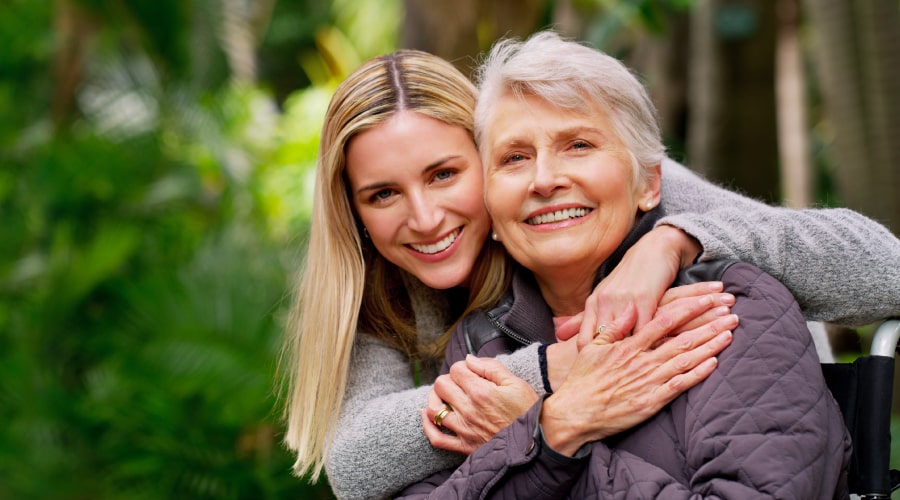
Donating your body to science makes an important contribution to medical and scientific research. In most cases, you can donate your body. However, there are a few exceptions that you should be aware of.
What Disqualifies You from Donating Your Body to Science?
While each organization or program may have different rules for donating your body to science, there are generally few restrictions.
- Medical History: Certain medical conditions or diseases, particularly those that might pose a risk to others or are deemed unsuitable for study, can disqualify you. This includes some cancers, infectious diseases, or other serious health conditions.
- Cause of Death: If your cause of death is traumatic, such as from an accident or violent incident, your body might not be accepted for donation. This is due to concerns about the integrity of the body and the potential for incomplete or inconclusive study results.
- Age: Some programs have age limits, either for practical reasons or because they have specific research needs. Donors typically need to be at least 18 years of age.
- Body Condition: If the body is significantly decomposed or has severe physical damage, it might not be suitable for donation.
- Lifestyle Factors: Certain lifestyle factors, such as heavy drug use or chronic alcoholism, can affect eligibility because they might impact the quality of the body for research.
- Residency: Some programs require that donors be residents of a specific area or country.
- Legal and Ethical Considerations: Legal issues or ethical concerns may also affect eligibility. For example, there might be specific requirements or restrictions based on local laws.
- Consent: Under the Uniform Anatomical Gift Act (UAGA), written consent is required before a body can be donated. Failing to follow the proper rules for donating your body to science can lead to disqualification.
- Timing: Bodies must be properly preserved to be of value for medical testing. Delays can make the body unsuitable for study.
- Autopsies: In some cases, an autopsy is required by medical professionals or law enforcement. The extent and timing of the autopsy can impact the eligibility of body donations.
As we said, different programs will have their own rules for donating your body to science. For example, United Tissue Network (UTN) accepts nearly all body donations. There is no restriction for upper age limits and the only automatic disqualifiers are infectious diseases such as HIV or hepatitis. This is necessary to protect the safety of researchers.
Another restriction is residency. UTN currently only accepts body donations in Arizona, Florida, and Nevada.
Medical scientists, researchers, and students need to study diseases and disease progression, so UTN accepts body donations from those with various forms of cancer, dementia, Alzheimer’s, and other diseases.
Because UTN is a nonprofit, we can accept whole body donations that other organizations might not allow. Approvals are handled on a case-by-case basis, and prospective donors are required to provide a medical and social history along with medical records.
Organ Donation and Whole Body Donation
One common misconception has to do with organ donations. Despite what you may have heard, you can be both an organ donor and a whole body donor. UTN prioritizes organ donation. After life-saving transplants occur, most donor bodies can still be accepted into the program.
Pledging Your Body or Registering a Loved One
You can pledge yourself to become a whole body donor in Arizona. UTN allows you to do so online and sign electronically along with required witnesses. After you complete the pledge, you will receive a digital Pledge Card within 10 business days.
You can also register a loved one. You can do this at any time or as they near the end of life. It’s a good idea to do this in advance to provide peace of mind and ensure you get the proper consent. You can also complete registration online to streamline the process.
If someone has passed, you can also register online or call one of our Donor Specialists 24/7 at (877) 738-6111. If you are working with a hospice center or funeral home, they may be able to assist you as well. UTN will work directly with the appropriate organizations to coordinate the process.
In any case, we recommend you inquire about eligibility to avoid any issues when someone passes. You should also discuss your decision with family members ahead of time, so that everyone is aware of your decision and make sure your wishes are carried out.
If you have questions about eligibility or would like to learn more about what disqualifies you from donating your body to science, you can talk to UTN’s Donor Specialists at (877) 738-6111.
